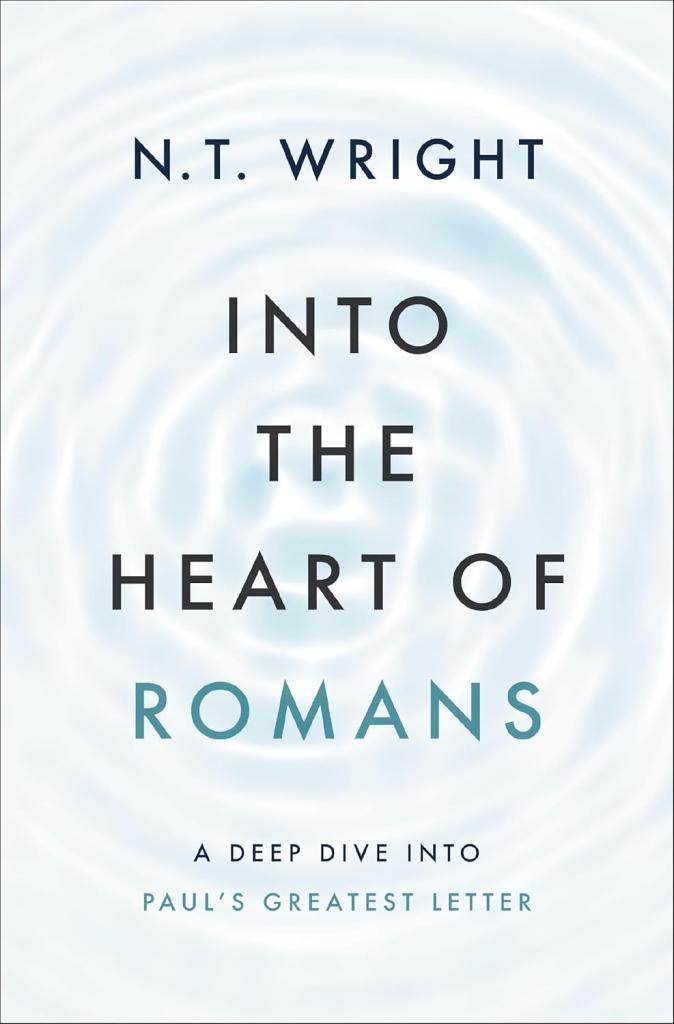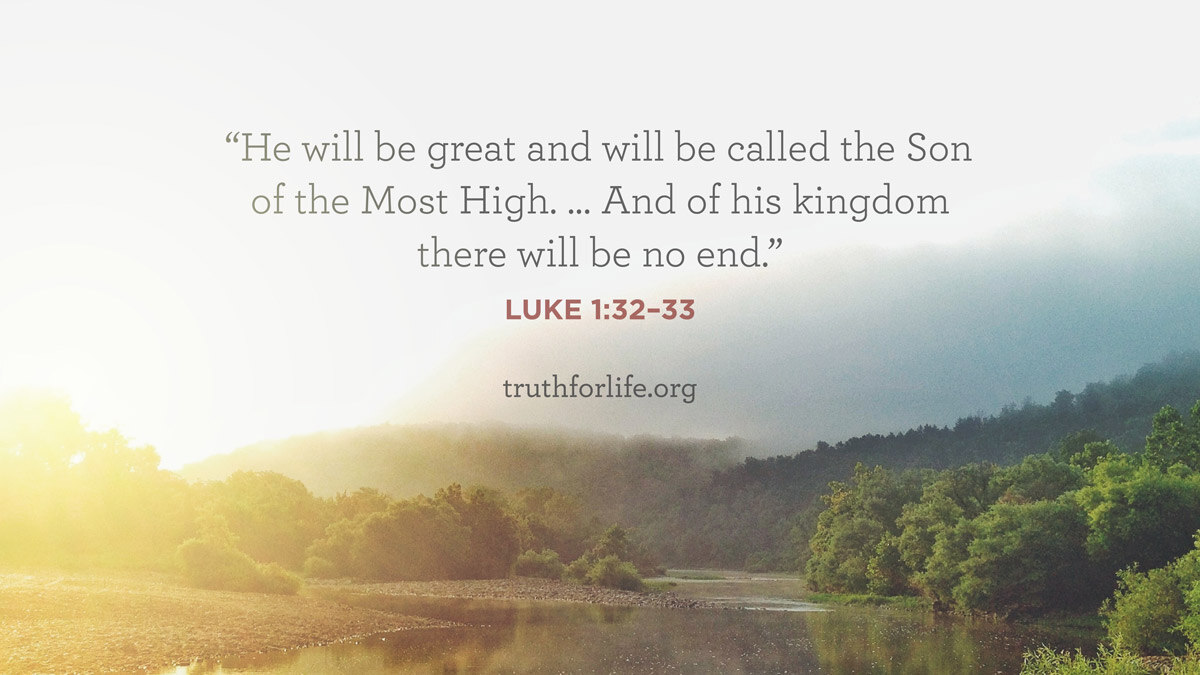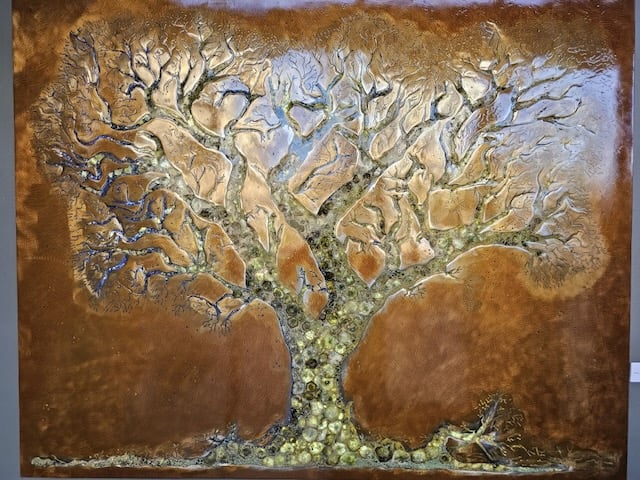Rom. 8.12-17 is about what the Spirit does in the life of the believer, including leading them, eliminating the spirit of fear, and replacing it with a spirit of sonship which leads to an intimate prayer with God whom one can even call Abba, like Jesus himself did. And furthermore, as children of God we are also heirs, fellow heirs with Christ himself ‘as long as we suffer with Him so we may be glorified with Him. One of the things to note about this passage is that Paul is using the phrase children of God, not to talk about every human being created in the image of God, but rather about those who are believers, and this comports nicely with the same message in John 1 and 3, namely one must be born of God to be a child of God and an heir.
In an aside on p. 92, Tom rightly remarks “Strict word for word accuracy is great [in translation] but sometimes it results in the new text feeling very stilted and awkward, which means it is not accurate [in regard to the mood of the passage] for Paul is seldom if ever stilted or awkward. The translator is always compromising between words and mood”. There are other problems as well, for instance the issue of word order even if the words are literally rendered, Greek word order is not by any means always like English word order, and a literal order of the words can lead to confusion rather than clarity. A good way to see this is by looking at an online tool like Bible Hub. For instance Rom. 8.28 reads literally ‘we know but that to those loving God all things work together (the God) for good to those according to purpose called being’. What a mess.
Tom quite rightly points out that if we compare the situation with the rise of the Emperors, Augustus, and Tiberius were adopted sons of the leader of the Empire, similarly Christians are the adopted sons and daughters of God, because only Christ is a begotten Son.
We have more evidence of how things go off the rails when one reads the story of what happened at Sinai when Moses came down from the mountain. Tom says (p. 96) “In Rom. 6 the slaves come through the water to freedom. In Rom. 7, they arrive at Mt. Sinai where Israel recapitulates Adam’s sin resulting in exile and death.” This is a classic example of reading things into Rom., 6-7 that are not there. Water baptism in Rom. 6 is said to be like being buried with Christ, referring to the death of the old self (cf. 2 Cor.– ‘if anyone is in Christ– new creation’). The metaphor here is not liberation from slavery of a living person, its about death of the old self. And in Rom. 7 there is absolutely nothing about Mt. Sinai, it is the story of Adam and his sin (sure enough in Rom. 7.7-13) and those who are in Adam, but Israel is nowhere mentioned because Paul is speaking more universally about all those outside of Christ– both Jew and Gentile. And Gentiles did not live out the Exodus or exile story (see p. 100), and Paul is not simply speaking about Jews in Rom. 7.
Never mind, Tom offers a good statement on p. 103 about ethics “The danger today is that we all too easily slide into would be Christian versions of easy-going moralisms of the world around. We think of authenticity or spontaneity, doing what comes naturally, going with your heart and so on as the primary imperatives, often failing to realize the heart is deceitful, and as Jesus warns, full of all kinds of things that would make us unclean.’ Christian ethics means going with the renewed heart, bringing the life of heaven to birth in a new earthly lifestyle.”
Here it is worth point out that John Wesley has an excellent sermon about the witness of the Holy Spirit to our human spirit confirming, by the testimony of 2 witnesses the truth that we are children of God.












 English (US) ·
English (US) ·